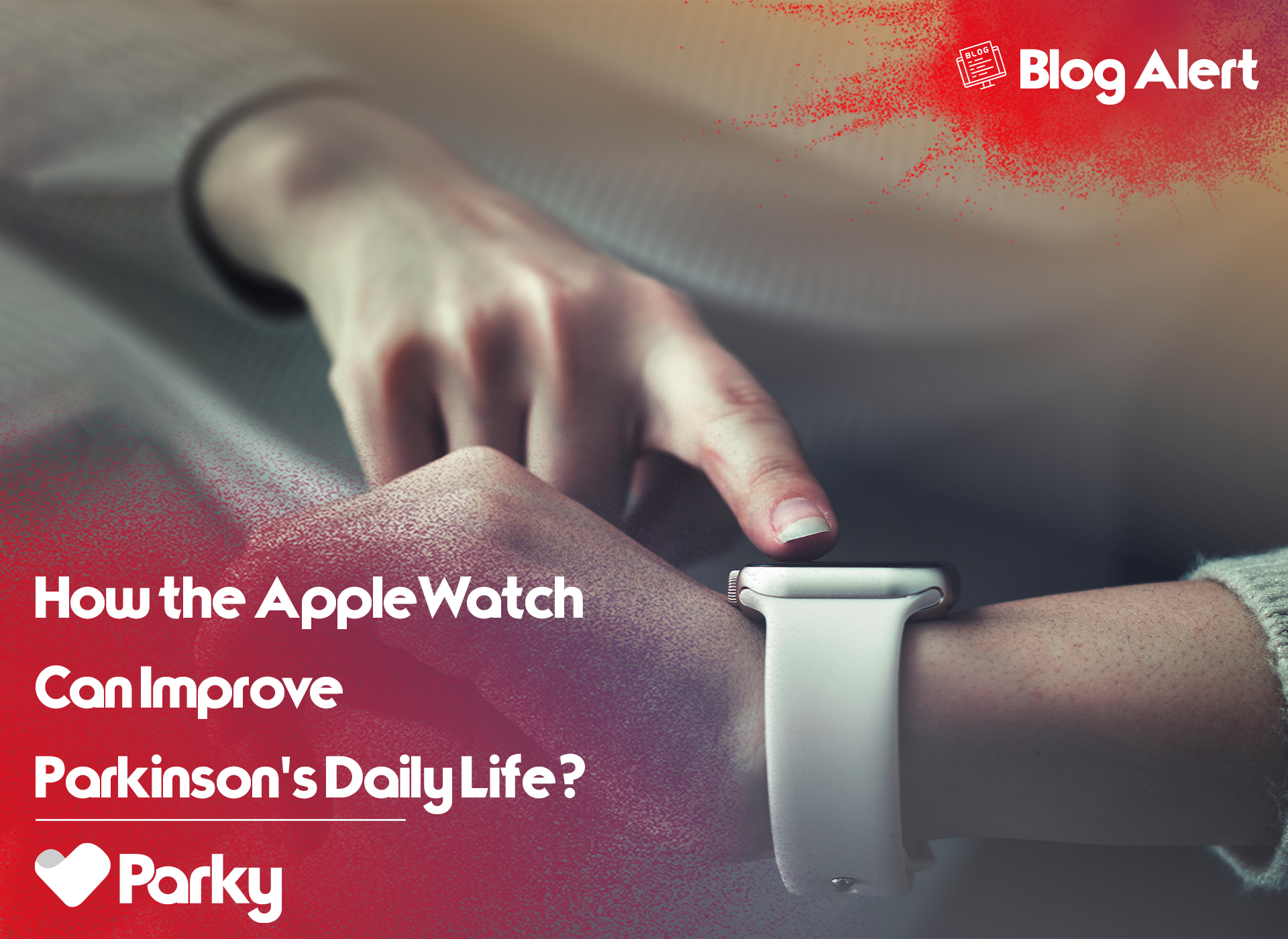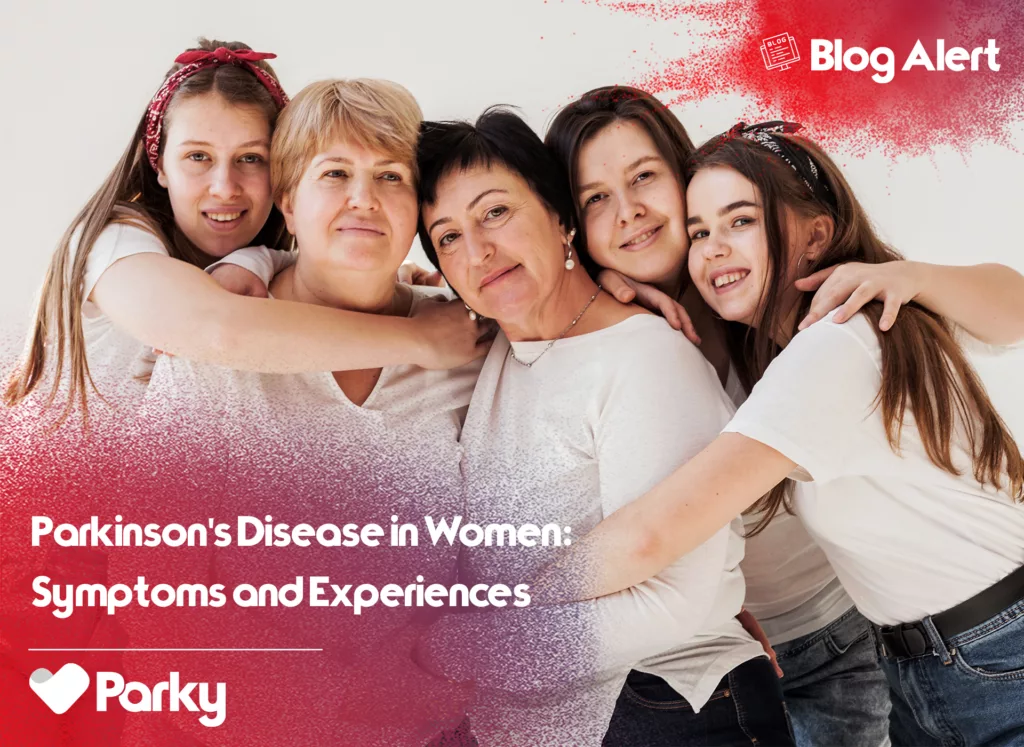

Parkinson's disease, often portrayed through the trembling hands of an elderly man, has long suffered from a narrow public image. This limited perception, however, fails to capture the full spectrum of the disease's impact, particularly on women. While men are statistically more likely to be diagnosed, the reality is far more nuanced. In fact, women's experiences with Parkinson's can be markedly different from men's. They may face unique symptoms and challenges in managing family, social, and work life. Additionally, societal perceptions of women with Parkinson's can add another layer of complexity to their journey with the disease.
Symptoms of Women with Parkinson’s
Parkinson’s disease often has a common misconception that it is primarily a "man's disease.". Biological sex is a crucial variable in understanding the nature of PD. An article published by the Clinics provides a thorough examination of the differences observed between genders. While the prevalence of PD is higher in men, women often experience a more complex symptom profile. Motor symptoms, pivotal in diagnosing PD, showcase distinctions between genders. Women tend to exhibit a later onset of motor symptoms, often presenting with a tremor-dominant pattern. They are also prone to earlier onset of dyskinesias.
The impact of Parkinson's extends far beyond the observable motor symptoms. The article shows that women are more likely to suffer from psychological symptoms. Women may experience heightened depressive symptoms such as depression, anxiety, and apathy. Sleep disorders also show sex-specific differences, with women being more prone to insomnia and related symptoms.
Do hormonal factors influence Parkinson’s disease?
Yes, among many variables. The influence of hormonal factors, notably estrogen, on Parkinson's disease has garnered increasing attention within scientific research. Estrogen is a key hormone predominantly associated with the female reproductive system. It is believed to have neuroprotective properties. These may be potentially influencing the onset and progression of Parkinson's disease, particularly in women.
The hormonal fluctuations experienced during a woman's child-bearing years are when estrogen levels are higher. High levels of estrogen may confer a protective effect on the brain. The decrease in estrogen levels around menopause, when the menstrual cycle ceases. This has been suggested as a potential contributing factor to the increased prevalence of Parkinson's in postmenopausal women. The idea that estrogen is beneficial for the brain and may help shield against Parkinson's is intriguing. However, the relationship is complex and still needs to be fully understood.
It's important to note that various factors, beyond estrogen, are likely involved in the gender disparity. Other hormones, lifestyle factors such as diet, occupational exposures, and exercise habits may also play roles in influencing the development and progression of Parkinson's.
Insights from Dr. Soania Mathur
Dr. Soania Mathur, a family physician, and Parkinson's advocate, shares her expertise in an insightful interview. She has been living with Parkinson's for over 25 years. The video also introduces an ongoing study about the impact of Parkinson's on women in various hormonal stages. Dr. Mathur discusses the need for research to address the unique challenges women with Parkinson's face. She also highlights the importance of gathering information to enhance understanding and support.
Here’s the full interview:
Women’s Narrative in Parkinson’s
The strength and resilience of women with Parkinson's are frequently overlooked when discussing the challenges of the disease. It extends beyond the physical manifestations of the disease and often lies in their ability to confront invisible challenges.
Women often have to balance multiple roles in their lives. Women with Parkinson's face the demands of managing the disease with their responsibilities as partners, mothers, homemakers, and potentially working professionals. Caring for children requires significant physical and emotional energy. Parkinson's symptoms like fatigue, stiffness, and tremors can make tasks like lifting, dressing, and playtime more demanding. Keeping a household running involves a variety of chores – cooking, cleaning, laundry – that can become increasingly difficult with Parkinson's limitations. Many women continue to work while managing Parkinson's. Balancing work responsibilities with the challenges of Parkinson's disease is quite difficult to maintain.
Women As Caregivers
We shall also acknowledge and value the experiences of women who are caring for people with Parkinson’s disease. Women caregivers often take on the responsibilities of the people they care for, adding to the emotional weight of seeing their loved ones struggle with the impact of the disease. Watching a loved one progressively lose mobility and independence can be emotionally draining. Witnessing this can evoke feelings of grief, frustration, and helplessness.
Don’t Fight Alone
It is crucial to openly communicate with healthcare providers about all symptoms including the ones that are not typically associated with Parkinson's. This way, you can advocate for yourself, receive accurate diagnoses and personalized treatment plans.
Prioritizing self-care is essential for maintaining physical and mental well-being. This includes adopting healthy eating habits, engaging in regular exercise, and incorporating stress management techniques into your routine.
You should build strong support networks consisting of family, friends, support groups, and community resources. Seeing other women facing similar challenges can provide a sense of relief and solidarity. These networks can create invaluable emotional support, practical assistance, and a sense of belonging.
This holistic approach empowers you as a woman with Parkinson's and the caregivers to manage the disease effectively. Remember, while the path may be challenging, there is a community of support available to walk alongside you. The Parkinson's community is a uniquely powerful support network, providing guidance, encouragement, and the unwavering message: you are not alone.
Join our community in spreading hope and strength. Tell us your unique journey with Parkinson's to uplift and empower others.